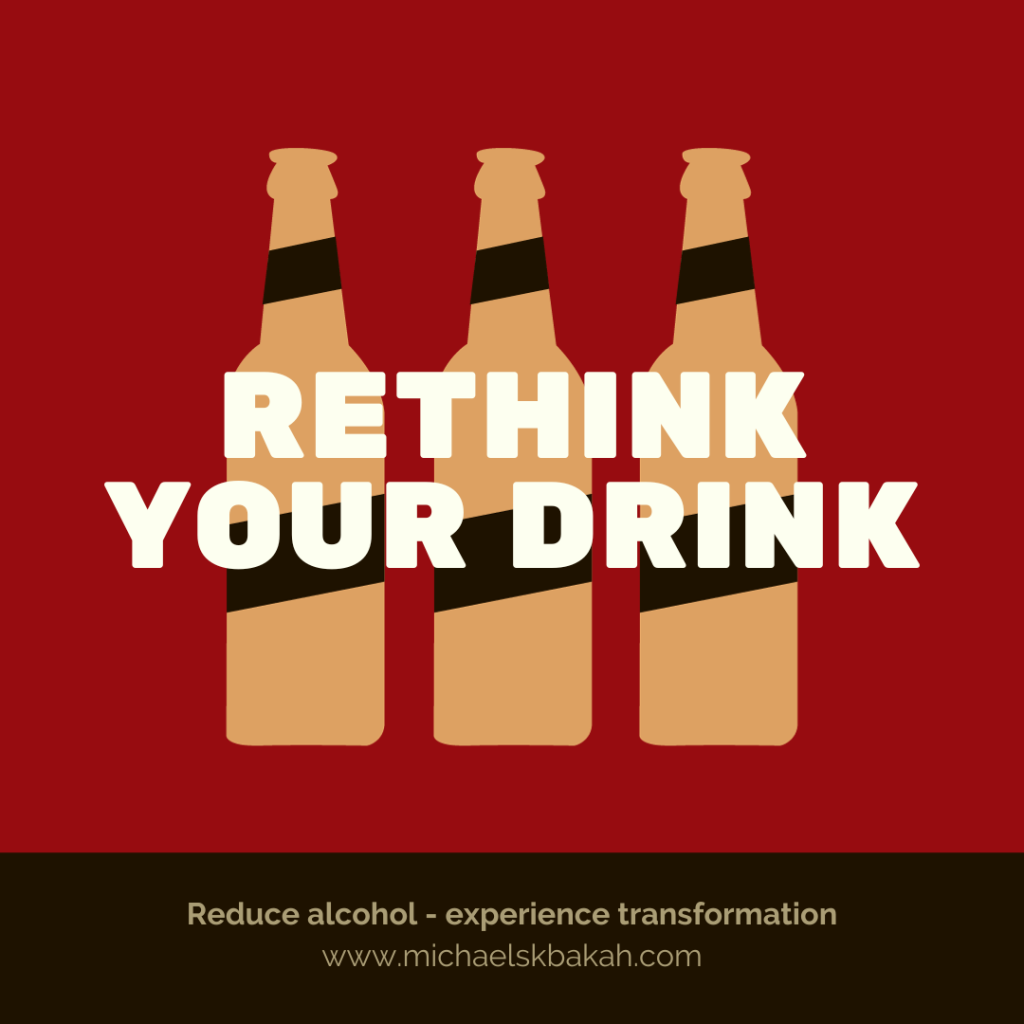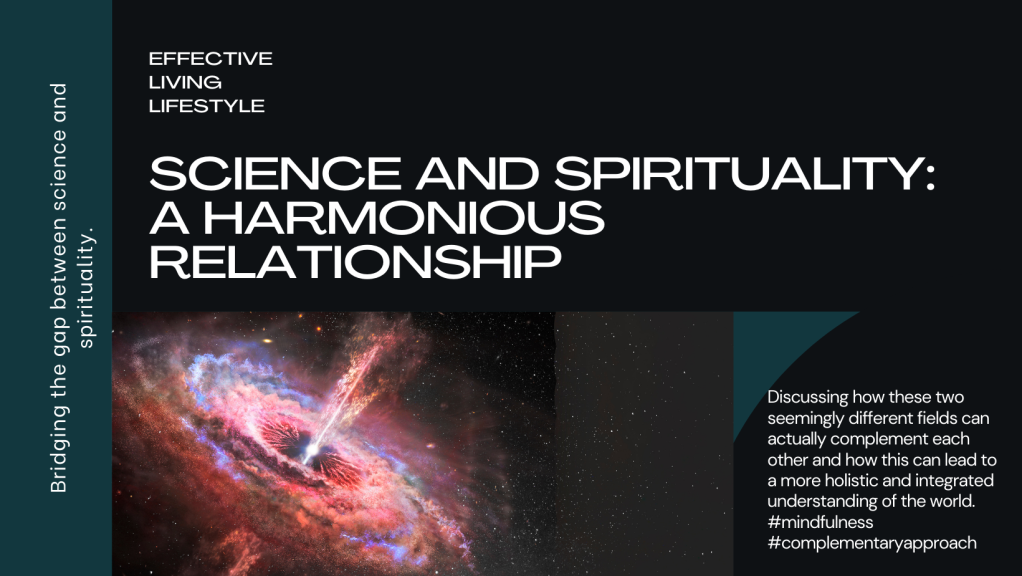Most people know that excessive alcohol consumption is detrimental to their health, but the impact of having just one or two drinks a night is often overlooked. If you enjoy unwinding with a glass of wine, beer, or a cocktail, it’s important to understand how this nightly habit can affect your health in both the short and long term.
Here, registered dietitians reveal six significant changes that occur in your body when you transition from having one or two alcoholic drinks a day to abstaining altogether. Spoiler alert: you’re in for better sleep, which can enhance various aspects of your life.
6 Transformations Your Body Goes Through When You Quit Drinking Alcohol
- Improved Sleep Quality: Many people believe that having a glass of wine before bedtime aids sleep. However, this is a misconception. “One of the immediate benefits of giving up alcohol is improved sleep quality. This can translate into falling asleep faster, staying asleep longer, and experiencing fewer nighttime interruptions, such as trips to the restroom,” says Samantha M. Coogan, MS, RDN, LD, FAND, a registered dietitian and the program director of the Didactic Program in Nutrition & Dietetics at the University of Nevada, Las Vegas.
Scientific studies have established a direct link between alcohol consumption and disrupted sleep. While alcohol may help you fall asleep faster, it disrupts the sleep cycle, resulting in lower sleep quality and quantity. That’s why avoiding alcohol in the evening leads to better sleep.
- Increased Energy: Better sleep has a positive ripple effect on your overall health. Coogan emphasizes that you are more likely to have higher energy levels and a better mood after a night of restful sleep. “Reducing alcohol consumption can improve sleep, leaving you more energized for workouts the next day. It may also boost your motivation to exercise and enhance post-exercise recovery,” she notes.
- Potential Weight Loss: Research has demonstrated a direct correlation between adequate sleep and healthy weight loss. In one study, individuals who slept for 8.5 hours a night lost 55 percent more body fat than those who only slept 5.5 hours a night. Since alcohol disrupts sleep, abstaining from it could support your weight loss goals.
Suzanne Fisher MS, RD, LDN, founder of Women’s Cycling Nutrition, highlights another reason why giving up alcohol aids weight loss: alcoholic beverages themselves contain calories. “Alcohol contains seven calories per gram and can contribute to excess calorie intake, especially if you opt for sugary cocktails,” she explains. “Eliminating alcohol makes room for more nutrient-dense foods, which can benefit weight loss.” Fisher adds that alcohol can interfere with your hunger and fullness signals, increasing the likelihood of mindless eating.
- Improved Skin Health: Switching from drinking to sobriety can result in an instant improvement in your skin’s appearance. “Some individuals may notice reduced facial redness and improved skin hydration levels, leading to decreased inflammation,” Coogan says.
Scientific studies indicate that regular alcohol consumption prematurely ages the skin by reducing dermal carotenoid concentrations (antioxidants that protect the skin from sunlight-induced oxidation) and causing peripheral vasodilation (the widening of blood vessels).
- Enhanced Immunity: Research shows that alcohol disrupts the body’s immune system. People who consume alcohol are more susceptible to illness and require more time to recover. By quitting alcohol, you reduce your risk of falling ill. “Some individuals may experience fewer aches and pains or fewer headaches when they stop drinking because there will be less inflammation in the body,” Coogan explains.
- Reduced Risk of Chronic Health Issues: In addition to immediate improvements, both dietitians emphasize the long-term health benefits of reducing alcohol intake. “Decreasing alcohol consumption has been linked to the repair of alcohol-related liver damage and a decreased risk of heart disease and certain cancers,” Fisher says. Scientific studies indicate that consuming between 30 and 50 grams of alcohol daily (equivalent to a glass of wine) over five years can lead to alcoholic liver disease. By quitting alcohol now, you are more likely to experience fewer health problems in the future.
How to Cut Back on Alcohol:
If you’re accustomed to enjoying a drink in the evening to unwind, breaking this habit can be challenging. Fisher and Coogan offer tips to make the transition smoother. First, Fisher suggests finding alternative ways to relax. The ideal method varies from person to person, but healthier ways to unwind that don’t involve alcohol include taking a walk, reading, completing a puzzle while listening to a podcast, coloring in adult coloring books, watching a favorite TV show, or calling a friend.
If you associate any of these activities with drinking, it’s best to choose an activity that isn’t connected to alcohol. Coogan suggests having an alcohol substitute on hand to satisfy the ritual of enjoying a beverage without the negative effects of alcohol, especially when engaging in activities typically associated with drinking. Fortunately, there is no shortage of non-alcoholic spirits, alcohol-free wines, and zero-alcohol beers available. You can find healthier alternatives, such as those from Boisson, which ships throughout the U.S. and other countries.







Please Leave a Comment